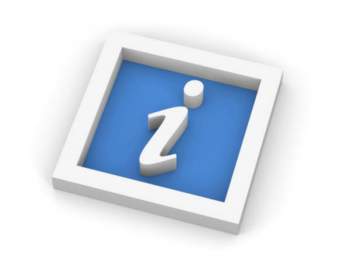
What are Promissory Notes

Related Forms
Schedule B - Personal Property
Schedule C - Property Claimed as Exempt
Schedule D - Creditors Holding Secured Claims
Schedule E - Creditors Holding Unsecured Priority Claims
Schedule F - Creditors Holding Unsecured Nonpriority Claims
Schedule G - Executory Contracts and Unexpired Leases
Schedule I - Current Income of Individual Debtor(s)
Schedule J- Current Expenditures of Individual Debtor(s)
Summary of Schedules (Includes Statistical Summary of Certain Liabilities)
View AllWhen businesses and corporations consider methods of obtaining credit, they often fail to acknowledge promissory notes. A promissory note functions on the same basic premise as loans and credit lines.
A lender will extend a loan to a borrower, based upon the understanding that the debtor will repay the lender for the loan. If an individual has a poor credit history, though, he/she may not be deemed creditworthy, and he/she may thus not be able to obtain a loan.
A corporation, meanwhile, must exhaust extensive financial resources in order to keep a business operating. In many cases, they will be granted numerous credit lines from a bank, and will also be unable to obtain any further loans. In these cases, a promissory note will allow a borrower to receive financial funds without the assistance of a bank or a credit union.
A promissory note is a legally binding agreement between a lender and a borrower. There are no restrictions on who is able to partake in issuing a promissory note. For example, these contracts may exist between individuals/consumers or businesses/corporations and their lenders. When an individual or a corporation is in need of funds, a lender will develop a promissory note.
This document will outline all of the details of an agreement, including the value of a loan and the duration of a loan. Promissory notes will also detail the payment schedule to which the debtor must adhere. A borrower may be required to make weekly payments, bi-weekly payments, or monthly payments.
Promissory notes will specify the amount of interest that the debtor will be expected to pay on a loan. Once the promissory note is drafted, it will have to be signed by both the lender and the borrower in the presence of a notary. The borrower will be provided with the specified loan, and he/she must ensure that regular and timely payments are made to the lender.
Both corporations and individuals may issue promissory notes. However, it is important that a lender be cautious regarding to whom they are granting these loans, as these financial agreements are not secured loans. If a borrower experiences financial difficulties, he/she will likely default on a promissory note before he/she fails to pay other debts. Therefore, it is essential that a lender be confident about the financial responsibility of borrower before a promissory note is issued.
If an individual fails to adhere to the terms of a contract, he/she may be required to attend a small claims court hearing. The judge will therein determine whether a borrower remains obligated to adhere to the conditions of the agreement. If the court orders a debtor to continue payments on a loan, he/she will be required to compensate the lender.
A lender should also research information regarding the registration of promissory notes, as loans for specified amounts and durations must be registered with the Securities and Exchange Commission.
NEXT: What Are Secured Bonds





















